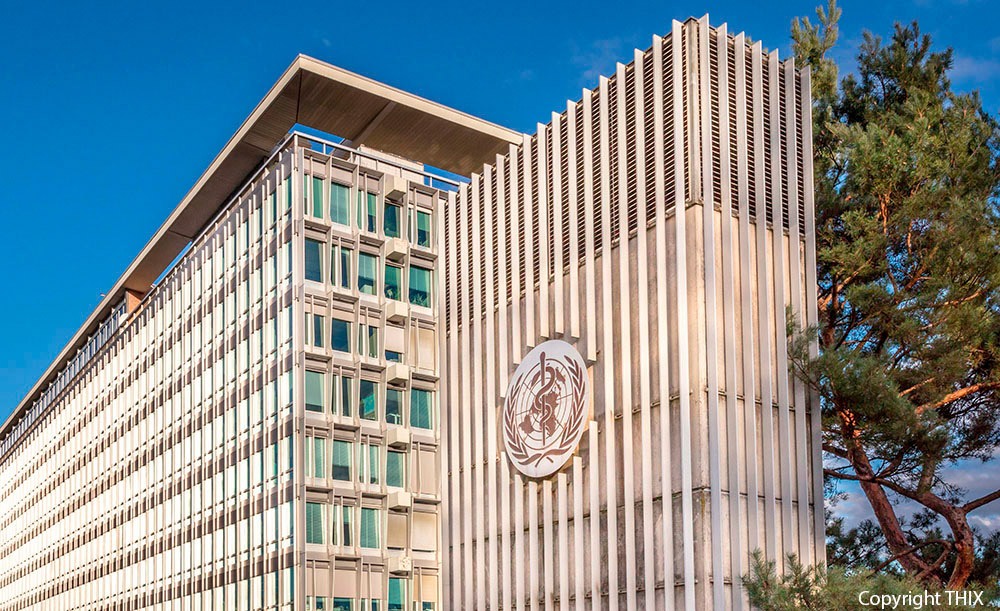With the pandemic far from over, we all need to practice #SummerSense
With lockdowns easing in many countries across the European Region, many are finding themselves tempted to begin booking foreign holidays, attending music festivals and sporting events, or possibly heading to popular beach resorts. Today, WHO/Europe launches the #SummerSense campaign, advising people on how to make the most of the warmer weather while staying protected from COVID-19.
“We know from bitter experience that easing public health and social measures too soon can lead to a surge in COVID-19 cases and in turn to further lockdowns, unnecessary deaths and economic repercussions”, says Dr Hans Henri P. Kluge, WHO Regional Director for Europe. “Although some of the population in the European Region have now been vaccinated, we are still far from vaccinating all eligible individuals and the situation this summer remains fragile with more transmissible variants spreading”.
Currently, more than 15% of people in the European Region have been fully vaccinated against COVID-19, with this figure rising all the time. However, it’s worth noting that being vaccinated does not automatically stop people from becoming ill or spreading the virus. Vaccination does, however, reduce the chance of becoming seriously sick or dying from COVID-19, so it’s important to encourage everyone to take up their offer of a vaccine when it comes.
Having fun while staying as safe as possible
Learning from last year’s situation when COVID-19 cases surged in the autumn following a relaxation in measures in the summer, WHO/Europe is launching its #SummerSense campaign together with UNICEF Europe and Central Asia. The campaign aims to ensure people can enjoy the warmer months and avoid getting infected with COVID-19, thus maintaining efforts to bring the pandemic to an end sooner.
The #SummerSense campaign focuses on four key areas:
- Travel and tourism;
- Sports events, such as the UEFA European Football Championship;
- Life outside the home, including social gatherings, festivals, weddings and beach holidays;
- Returning to education, when children and young people go back to schools, colleges, and universities towards the end of the summer.
Practicing #SummerSense
For individuals and families, #SummerSense means exercising common sense and being cautious:
- rethinking the need to travel, to reduce the risk of getting and spreading COVID-19;
- assessing risks of exposure to COVID-19 at every step, from leaving the house until returning home again;
- taking precautions, such as cleaning hands frequently, keeping a safe distance and wearing a mask;
- avoiding the three Cs; settings that are Closed, Confined or Crowded. Instead, people should consider meeting outdoors whenever possible, or in open, ventilated spaces.
WHO also urges governments, authorities and event organisers in the European Region to follow the #SummerSense advice by:
- Rethinking the need for travel;
- Using a risk-based approach to decide whether to hold, modify, postpone or cancel mass gatherings;
- Enhancing public health and social measures if events do take place, not just in venues, but also outside in places and on transport used by spectators, participants and local communities.
Even though more people are getting vaccinated, and some public health measures are easing, now is not the time to drop our guard as the pandemic is far from over. Now is the time for #SummerSense.
- This article was amended on 11-06-2021 to clarify that the #SummerSense campaign is in partnership with UNICEF Europe and Central Asia.

